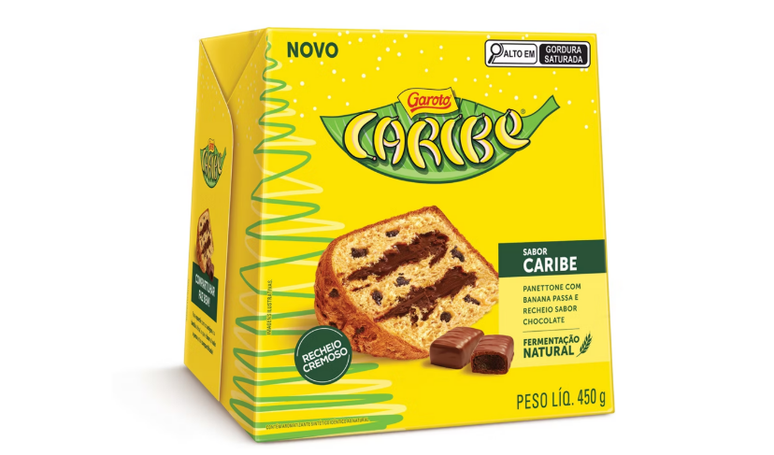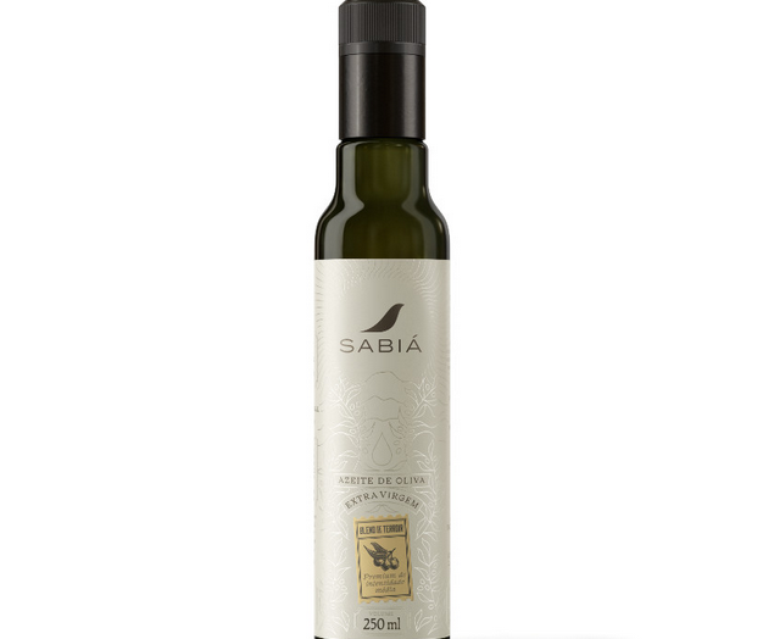Some of these products are already part of the menu, but it is necessary to increase the frequency of consumption
html[data-range=”xlarge”] figure image img.img-de9f9305ba5b6d41160563f85e39bbae06r5rdkz { width: 774px; height: 476px; }HTML[data-range=”large”] figure image img.img-de9f9305ba5b6d41160563f85e39bbae06r5rdkz { width: 548px; height: 337px; }HTML[data-range=”small”] figure image img.img-de9f9305ba5b6d41160563f85e39bbae06r5rdkz, html[data-range=”medium”] figure image img.img-de9f9305ba5b6d41160563f85e39bbae06r5rdkz { width: 564px; height: 347px; }HTML[data-range=”small”] .article__image-embed, html[data-range=”medium”] .article__image-embed {width: 564px; margin: 0 automatic 30px; }
A balanced and healthy diet has the power to prevent several types of serious diseases. Keeping your mind active, having a satisfying social life, adopting good eating habits and practicing regular physical activity can delay and even prevent mental illnesses such as Alzheimer’s.
Problems that affect behavior, memory, cognition, and thinking, making daily activities difficult, generally appear with age and are commonly associated with dementia.
Alzheimer’s is the most common cause of dementia, accounting for 60% to 80% of cases. Data from the Ministry of Health indicates that Alzheimer’s affects approximately 1.2 million people in Brazil, with elderly people between 65 and 85 years old being the most affected by the disease.
But research published in the scientific journal BMC Magazine concluded that the Mediterranean diet was linked to a lower risk of developing dementia.
The study carried out by the University of Newcastle, in the United Kingdom, saw the participation of 60 thousand people. Those who said they adhered to the Mediterranean diet had a 23% lower risk of developing brain dementia.
Another study, published in the journal of the American Neurological Association, associated the adoption of the Mediterranean diet with less formation of amyloid plaques in the brain, resulting in a lower likelihood of developing Alzheimer’s.
Patients who reported following the Mediterranean diet had average amounts of plaques and tangles in their brains equivalent to 18 years younger than people who did not follow the diet.
More dark green vegetables, fruits, fish and grains
The Mediterranean diet favors the intake of vegetables, especially dark green ones, fruit, beans and oil seeds, such as nuts and chestnuts. Plus whole grains and olive oil.
According to nutritionist Thaís de Brito, from the Estância do Lago Spa, in Paraná, diets or dietary advice, if followed correctly and combined with physical exercise, cognitive stimulating activities and others that challenge the brain, can lead to a reduction or even to the prevention of dementia in the elderly.
“A healthy diet is an eating pattern that promotes better physical, mental and emotional health. It includes varied and balanced food options that satisfy nutritional and energy needs, improving health, mood and, consequently, quality of life,” he says.
The nutritionist points out that foods rich in healthy fats, such as olive oil, eggs, nuts, fish and vegetable oils, produce ketone bodies in the liver.
“They replace glucose as an energy source. Chronic ketosis and low glucose levels have a direct and indirect anticonvulsant effect, as well as stimulating the production of inhibitory neurotransmitters,” explains the specialist, adding that “we should avoid ultra-processed foods, rich in added fats, salt and sugar and, at the same time, at the same time, poor in protein and fiber, since these foods produce toxins and free radicals, both harmful to the brain and linked to premature aging.”
Discover foods and their benefits
• Olive oil
Rich in antioxidants, it protects brain cells, reduces premature aging and increases HDL, the so-called good cholesterol.
• Vegetables
Eat a cup of different vegetables (such as beets, zucchini, cabbage, carrots and squash) a day. The pigments that color vegetables contain several bioactive compounds that protect the brain.
• Fish
Consumption is preferably roasted or grilled. Fish are rich in omega-3, which improves the functioning of neurotransmitters, reducing the risk of cognitive deficits, as well as increasing gray matter. Tuna and salmon are the best.
• Peanuts
They prevent brain disorders, having the ability to protect the brain from oxidative stress and inflammation, which worsen cognitive health.
• Fruit
Strawberries, blackberries, raspberries, apples and bananas are rich in flavonoids, necessary for maintaining cognitive functions and reducing the risk of dementia and Alzheimer’s.
• Green tea
With a neuroprotective effect, it can reduce age-related brain atrophy, as it is rich in polyphenols, such as catechins.
• Dark green leaves
Rich in folate (vitamin B9), they improve cognitive ability and mental health.
HOMEWORK inspires transformation in the world of work, in business, in society. Compasso, a content and connection agency, is born.
Source: Terra
Ben Stock is a lifestyle journalist and author at Gossipify. He writes about topics such as health, wellness, travel, food and home decor. He provides practical advice and inspiration to improve well-being, keeps readers up to date with latest lifestyle news and trends, known for his engaging writing style, in-depth analysis and unique perspectives.









